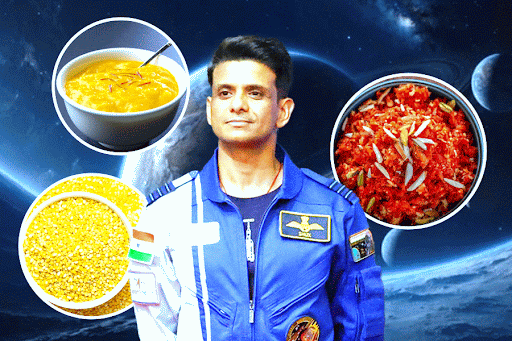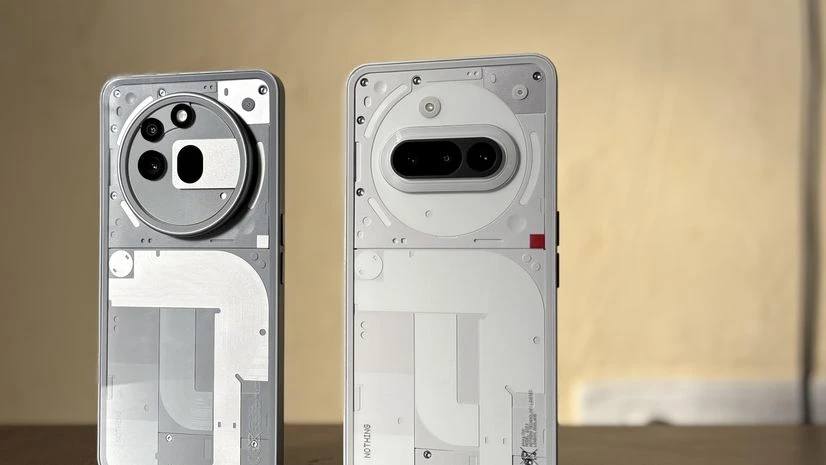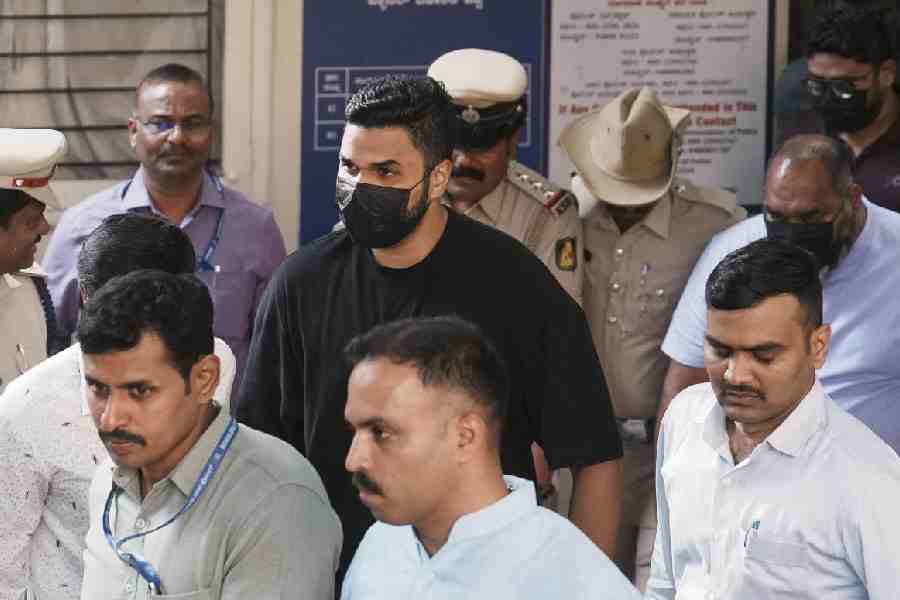Now Reading: Meet Shubhanshu Shukla: The Young Rocket Scientist Putting Aam Ras and India’s Dreams into Orbit
-
01
Meet Shubhanshu Shukla: The Young Rocket Scientist Putting Aam Ras and India’s Dreams into Orbit
Meet Shubhanshu Shukla: The Young Rocket Scientist Putting Aam Ras and India’s Dreams into Orbit

In a field dominated by high-tech jargon and complex machinery, Shubhanshu Shukla brings a touch of India’s heartland to outer space. Known for his unconventional choices—like carrying aam ras to space labs—this young rocket scientist is turning heads in India’s growing private space sector. With roots in small-town India and eyes on the sky, Shukla is reshaping how the next generation views science, innovation, and possibility.
A Journey from Small-Town India to the Stars
Shubhanshu Shukla’s story begins far from launchpads and control rooms. Hailing from a modest background, he grew up in an environment where science was more a school subject than a career option. But with strong academic performance, self-motivation, and access to India’s expanding tech education ecosystem, Shukla entered the space sector through sheer determination.
He quickly became known for merging traditional Indian spirit with cutting-edge technology—often seen carrying simple comforts like aam ras to long days in space labs, symbolizing his rootedness.
Innovation with Indian Identity
Shukla stands out not only for his scientific knowledge but also for his ability to humanize the space sector. He believes Indian innovation should reflect local identity, practicality, and flavor—literally and metaphorically.
In Tier 2 cities like Indore, Nagpur, Lucknow, and Coimbatore, his story has sparked curiosity among students and parents who earlier viewed space science as distant or unreachable. By breaking stereotypes and adding a relatable face to the profession, he’s making space more accessible.
Private Sector Push and the New Space Race
India’s private space sector is experiencing a renaissance. With government support and policies encouraging startups, young professionals like Shubhanshu are finding room to experiment and innovate.
His work focuses on developing cost-effective, lightweight satellite launch solutions. These technologies aim to help smaller research groups and universities—especially from non-metro areas—access space missions at lower costs.
Challenges and Future Outlook
Despite his rising profile, Shukla faces the same hurdles many Indian innovators do: limited infrastructure, funding constraints, and the need to constantly prove credibility in a traditionally state-dominated field. But his optimism remains high, backed by a growing community of space entrepreneurs.
He’s also working on outreach programs to mentor students in smaller cities, ensuring that India’s space future isn’t confined to Bengaluru or Hyderabad but extends to Jalgaon, Jabalpur, and beyond.
Conclusion
Shubhanshu Shukla’s story is more than a personal success—it’s a sign of India’s changing scientific landscape. With ambition in his work and aam ras in his lunchbox, he symbolizes a blend of tradition and forward-thinking that could define the next era of Indian space exploration. For young minds across the country, especially in Tier 2 towns, his journey proves that space is not just the final frontier—it’s an achievable one.

























